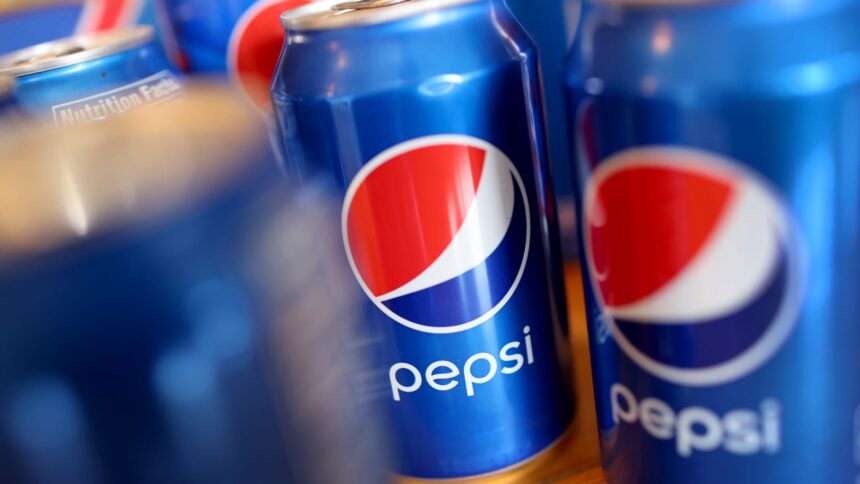PepsiCo, a leading force in the consumer packaged goods sector, boasts a rich portfolio that includes brands such as Lay’s, Doritos, Cheetos, Gatorade, and more. As one of the largest companies in the world, its operations are categorized into distinct segments: Frito-Lay North America (FLNA), Quaker Foods North America (QFNA), PepsiCo Beverages North America (PBNA), and several international regions including Latin America, Europe, Africa, the Middle East, South Asia, and Asia Pacific.
In recent developments, activist investment firm Elliott Investment Management, which manages around $76.1 billion in assets, has acquired approximately 1.9% ownership in PepsiCo, valued at $211.28 billion. On Tuesday, Elliott presented the PepsiCo board with a plan aimed at stimulating growth and improving operational performance through a refined focus, strategic investments, and greater accountability.
PepsiCo has historically held a reputable position in the food and beverage industry, maintaining the top slot in snacking and second place in beverages, trailing Coca-Cola. However, the company’s stock has faced significant challenges, with a market cap decline of almost $40 billion over the past three years, leading to underperformance relative to the S&P Consumer Staples Index.
The root of this decline appears to stem from strategic errors within PepsiCo’s core North American operations. In the early 2010s, while both PepsiCo and Coca-Cola moved to acquire their bottlers, Coca-Cola chose to refranchise its bottling operations, while Pepsi retained its vertically integrated structure. This decision has reflected poorly on PBNA’s operating margins, which have now plummeted significantly compared to Coca-Cola.
Another crucial misstep adopted by PBNA involved the company’s reaction to shifting consumer preferences towards healthier beverage options, leading to an underinvestment in core soda brands, such as Pepsi and Mountain Dew. Additionally, Pepsi’s development strategies have focused on expanding into lighter and less popular brands, which has complicated its operations and increased costs.
Elliott’s presentation advocates for critical adjustments, starting with the refranchising of the bottling network to reinstate an efficient distribution model that historically produced superior results. A comprehensive portfolio reassessment is also essential, with recommendations to streamline product offerings and divest from underperforming brands.
The firm suggests redirecting capital and resources towards core soda franchises while also exploring promising categories like protein and probiotics. The aim is to realign PBNA’s focus toward areas where it can reclaim competitive advantages and improve profit margins.
Elliott points out that the FLNA segment has been a consistent revenue driver, yet recent performance analysis indicates a potential slowdown in growth. The proposal suggests halting aggressive expansion efforts in favor of carefully evaluating costs and aligning them with market conditions.
The comprehensive nature of Elliott’s 74-page presentation outlines a long-term outlook for PepsiCo, emphasizing the necessity of reinvestment in core segments rather than pursuing short-term stock buybacks. The presented strategies underline a systematic approach to enhancing shareholder value, advocating for increased operational efficiency, and delivering sustainable growth.
While there may not be immediate pushback against Elliott’s plans, the execution of these strategies will play a vital role in determining their success. As PepsiCo navigates these changes, the management’s ability to adhere to the proposed plans and meet evolving financial targets will be critical in restoring confidence and bolstering market performance. Elliott’s involvement, characterized by a deep commitment to rigorous planning and long-term thinking, may provide the necessary oversight to ensure these recommendations are effectively implemented.







